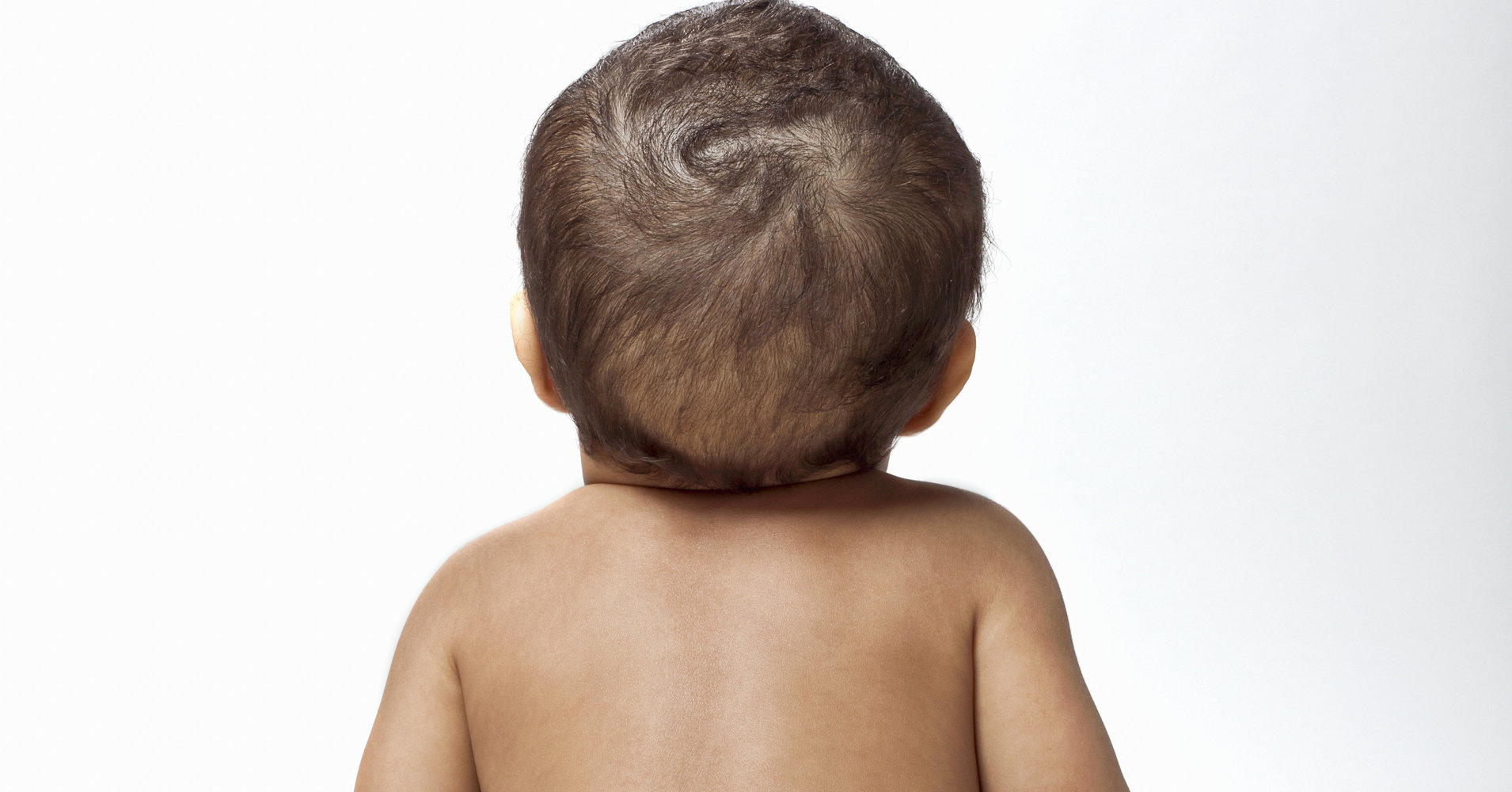[ad_1]

The measles outbreak in the Pacific Northwest that prompted the governor of Washington to declare a state of emergency continues to grow, with 49 cases now confirmed in Clark County, as well as nine likely cases and one confirmed case in Seattle.
Most cases so far have been in children ages 1 to 10 — almost all of them unvaccinated.
So far, no babies have caught the disease. But for local parents with little ones, that is little relief.
Babies do not usually receive their first dose of the measles vaccine until after their first birthday, which means they are highly susceptible to catching the disease during an outbreak.
“My first thought when I learned about the outbreak, which I only really heard about when the governor declared the state of emergency, was how do I protect him?” said Megan Moore of Seattle, who has a 4-year-old girl and a 10-month-old boy. “It feels like it’s out of your control, so I wanted to know how do I put a circle of protection around him as best I can?”
The best defense against the measles is vaccination.
A single dose of the measles-mumps-rubella (MMR) vaccine is about 93 percent effective against measles, which is otherwise highly contagious — spreading through coughing and sneezing and lingering in the air for up to two hours. The disease is so contagious, the Centers for Disease Control and Prevention estimates that 90 percent of nonimmunized people who come into contact with someone who has the measles will come down with it.
Health officials in Clark County have painstakingly tracked public exposure locations, such as elementary schools, day cares and grocery stores. Experts suspect those efforts are a primary reason there have not been any cases in babies so far, as people are being extremely cautious about where they take their nonimmunized children.
Public health officials are not altering the existing public health recommendation that children under the age of 1 should not be vaccinated unless they have been in a public space with a known public exposure.
“I am hearing from families who have a child who is too young to be vaccinated for the measles about whether that child should get vaccinated earlier,” said Dr. Beth Ebel, a professor of pediatrics with the University of Washington. “We all have this feeling that we’re a little bit helpless — and a little bit at the mercy of someone else’s choices.”
What parents can do, she said, is to be cautious about who their babies spend time around while an outbreak continues. Ask any caregivers whether they’ve been vaccinated — as unvaccinated individuals are far more likely to come down with the disease if exposed to it — and check with family friends and other kids your baby spends time with about their status.
Moore, for example, before a playdate found herself asking the parents of one of her daughter’s friends whether they vaccinate their children, she said.
“I hadn’t done that before, but I didn’t feel uncomfortable asking,” she said. “For me, I didn’t feel nervous because I was like, ‘Gosh, if I can keep my son safe just by asking that question, then it’s a simple thing to do.’”
In Clark County, where vaccination rates have dropped precipitously in the past decade, the outbreak is being called a wakeup call about what happens when vaccine refusal takes root.
And local health care providers say it is a teachable moment for their patients. Ebel said she may not have much comforting advice to offer nervous parents with babies who come into her clinic, but she is using the outbreak as a way to reach parents who have been resistant to vaccinating their children.
“I’ve been calling families who have kids between the ages of 1 and 2 who have not been vaccinated and telling them, ‘We would really love you to bring them in,’” she said. “Most of the families I reached out to had not heard about the outbreak, and they were worried about it when they did. A lot of them came in sooner than they would have otherwise.”
[ad_2]
Source link

